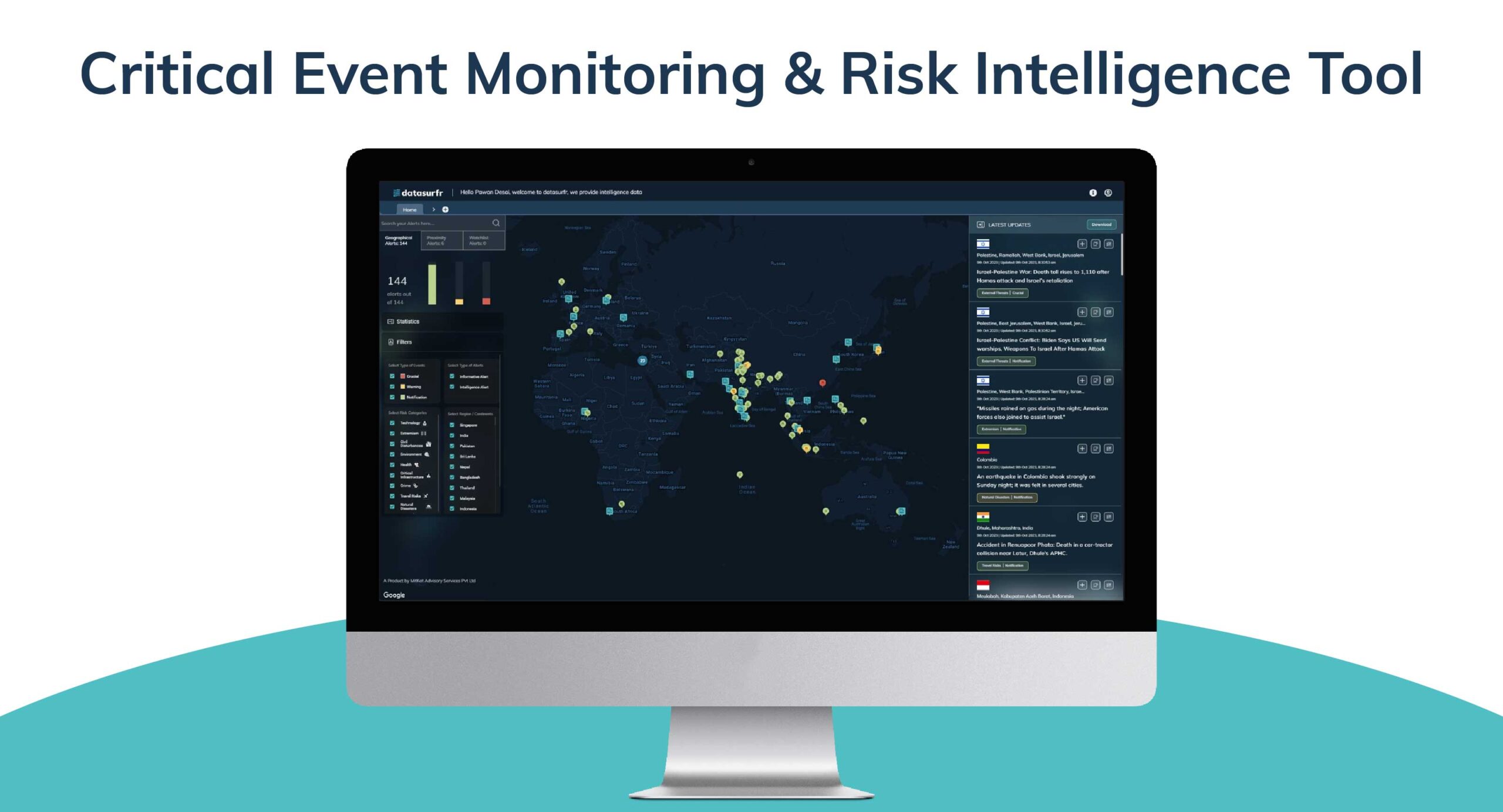Over the past few days, the air quality in Delhi has been deteriorating. An Air Quality Index (AQI) of 267 was recorded in the city on 17 October, with areas like Anand Vihar, Mundka, and Loni being the most polluted. On 14 October, the Commission for Air Quality Management (CAQM) invoked Stage 01 of the Graded Response Action Plan (GRAP) across the National Capital Region (NCR) after the AQI crossed 200. The Delhi government has also imposed an immediate ban on the production, storage, sale, and use of firecrackers, effective until 01 January 2025.
Reason for the Poor Air Quality
As the weather transitions from monsoon to winter, pollution in Delhi and surrounding areas increases due to multiple factors, including stubble burning in Punjab and Haryana, and local emissions such as vehicle emissions and waste from power plants and factories.

Regulations and Steps Taken
- The 27-point action plan under Stage 01 of GRAP involves various steps to curb pollution and stabilize the declining air quality. This includes the proper implementation of dust mitigation measures in construction and demolition (C&D) activities, enforcement of guidelines for the use of anti-smog guns at C&D sites, and increased use of water sprinkling and dust suppression measures during road maintenance, construction, and repair projects.
- The measures also include a ban on the open burning of waste, limited use of diesel generators, restrictions on the use of coal or firewood in eateries, strict checks on polluting vehicles, and improved traffic management.
- The government has also planned to procure mist-spraying drones during the winter to monitor local sources of air pollution and gather air quality information to enable preventive actions.
- Delhi Chief Minister Atishi conducted a high-level meeting to discuss the implementation of GRAP on 15 October. She announced the formation of different teams focused on tackling dust control measures, smog gun deployment, and compliance with dust mitigation measures.
- Delhi Environment Minister Gopal Rai called for an emergency meeting of officials on 18 October regarding a special campaign at 13 hotspots in the city.
Impact of the Worsening Air Quality
The AQI is expected to remain in the ‘poor’ category in the coming days due to unfavourable weather conditions. Further worsening of the air quality could lead to authorities implementing additional stages of GRAP and further restrictions, including those on transportation. High air pollution can increase the risk of cardiovascular and respiratory illnesses. Dense smog could result in lower visibility, impacting transportation and flights. It is advisable to remain indoors if air quality worsens and to wear masks when outdoors.


